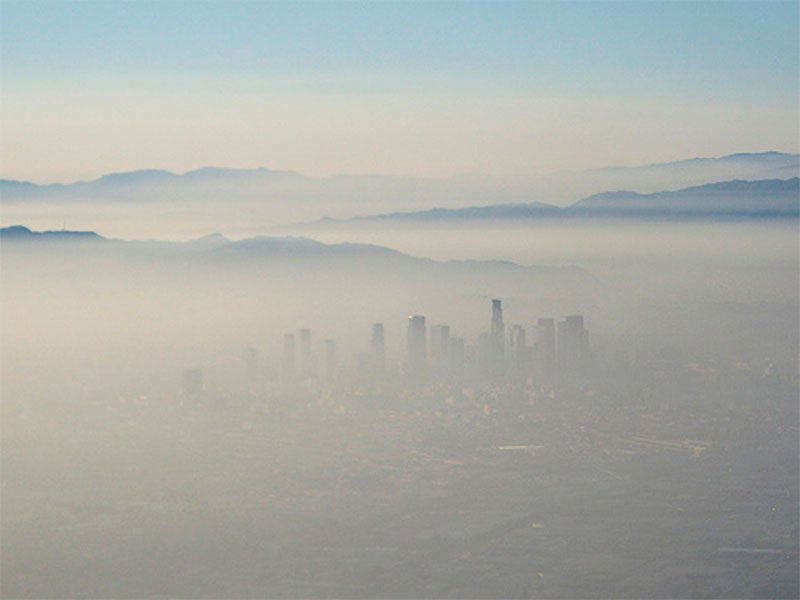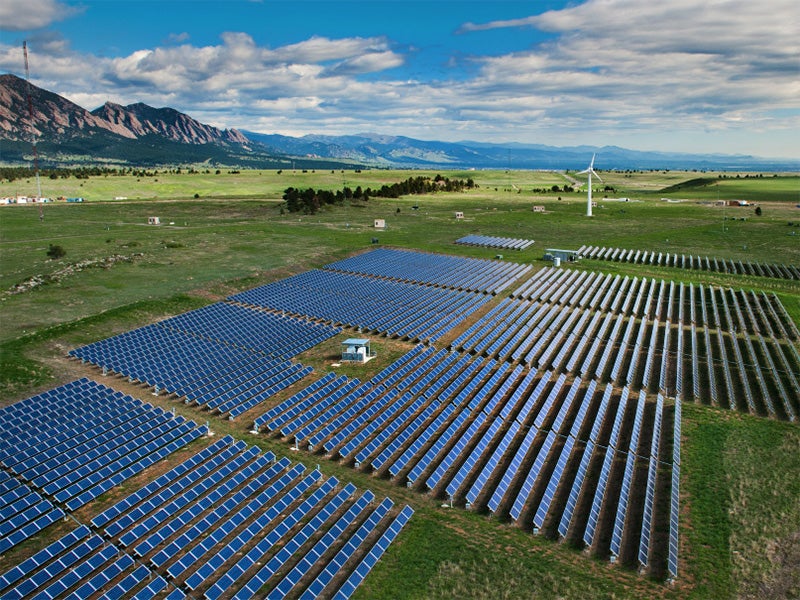Challenging EPA’s Refusal To Limit Carbon Pollution
After Earthjustice and other organizations challenged a Bush EPA decision to refuse to limit carbon pollution from motor vehicles under the Clean Air Act, the Supreme Court issued its historic 2007 decision in Massachusetts v. EPA, ruling that carbon emissions are “air pollutants” under the Clean Air Act. If carbon pollution threatens harm to public health or welfare, the Court added, the EPA must set limits on such pollution.
Case Overview
In recent decades, scientific reports have increasingly recognized that carbon pollution contributes to a warming climate, with associated harms including worse smog, more severe weather conditions, and harm to coastal cities and ecosystems. Despite the mounting scientific evidence, the Bush Administration’s EPA refused to set any limits on carbon emissions—and in 2003 denied a petition by public interest groups to limit such emissions from cars and trucks.
Earthjustice joined a coalition of organizations and state and local governments in a suit challenging the EPA’s denial. In June 2007 the Supreme Court issued its landmark decision in Massachusetts v. EPA, ruling that carbon emissions are “air pollutants” under the Clean Air Act. If carbon pollution threatens harm to public health or welfare, the Court added, the EPA must set limits on such pollution.
Following that ruling, EPA in 2009 determined that carbon pollution does indeed endanger the public, and in 2010 the agency set the first-ever federal carbon pollution limits for cars and trucks. The fossil fuel industry and its allies filed suit challenging these EPA actions, but in June 2012 the U.S. Court of Appeals for the District of Columbia Circuit rejected those challenges.
Unfortunately, industry is likely to continue opposing limits on carbon pollution. Earthjustice will keep on fighting for progress on this issue that is so crucial to current and future generations.

Case Updates
Case page created on July 6, 2005.

